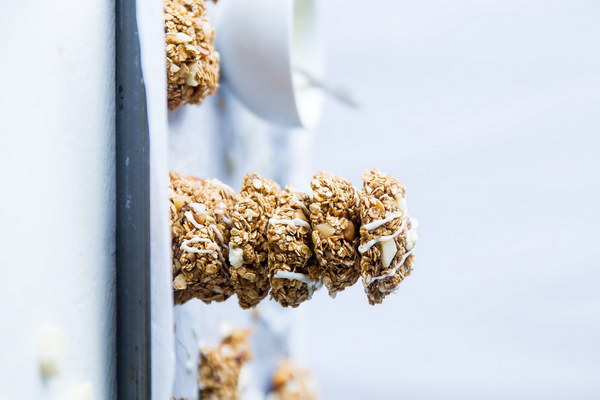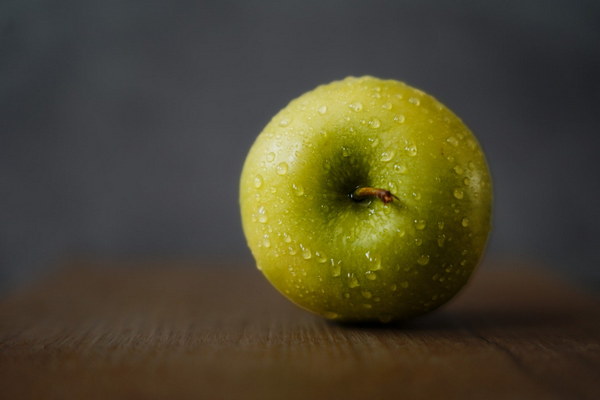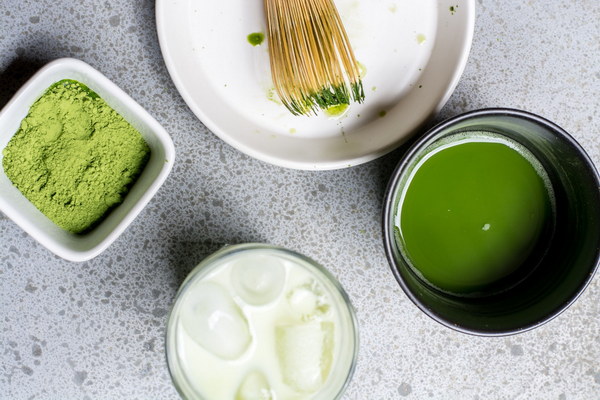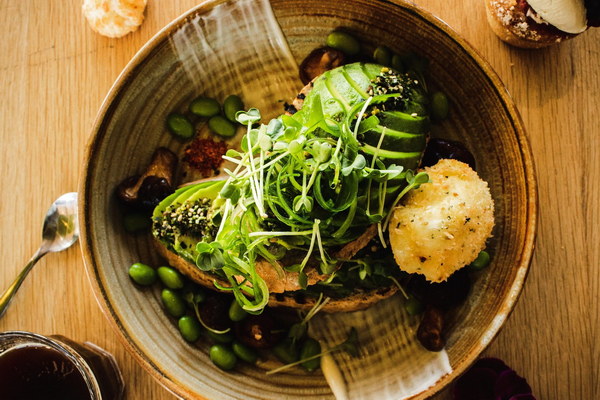Nourishing the Yin A Comprehensive Guide to Women's Traditional Chinese Medicine for Health and Vitality
In the realm of Traditional Chinese Medicine (TCM), the concept of Yin and Yang is fundamental to understanding the balance of the body's internal systems. For women, maintaining a healthy Yin is essential for overall well-being, beauty, and longevity. This article delves into the principles of Yin nourishment in TCM and offers practical advice for women seeking to enhance their health and vitality through traditional methods.
Understanding Yin in TCM
In TCM, Yin refers to the cooling, moistening, and nourishing aspects of the body's energy. It is associated with the female principle, representing the moon's cycle, the fluidity of blood, and the cooling, calming qualities found in nature. When Yin is balanced, a woman may experience improved mood, better digestion, and enhanced reproductive health. Conversely, a Yin deficiency can lead to various health issues, such as irritability, fatigue, and hot flashes.
Signs of Yin Deficiency in Women
1. Hot flashes and night sweats
2. Dry skin and hair
3. Irregular menstrual cycles
4. Insomnia
5. Excessive thirst
6. Headaches
7. Anxiety and irritability
Traditional Chinese Medicine for Yin Nourishment
1. Herbal Remedies: TCM utilizes a variety of herbs to nourish Yin and restore balance to the body. Some commonly used herbs include:

- Dang Gui (Angelica sinensis): Known as the King of Blood, Dang Gui is used to nourish blood and Yin, benefiting women's reproductive health and alleviating menstrual cramps.
- He Shou Wu (Polygonum multiflorum): This herb is renowned for its ability to nourish Yin and promote hair and skin health.
- Peony Root (Paeonia lactiflora): Used to cool the blood and nourish Yin, Peony Root is beneficial for women with hot flashes and menstrual irregularities.
2. Acupuncture: Acupuncture therapy can help to balance Yin and Yang, alleviate symptoms of Yin deficiency, and enhance overall well-being. By inserting fine needles into specific acupuncture points, practitioners can stimulate the body's natural healing processes.
3. Diet: A balanced diet rich in Yin-nourishing foods can help to restore and maintain Yin in the body. Some recommended foods include:
- Root vegetables: Carrots, sweet potatoes, and beets
- Leafy greens: Spinach, kale, and collard greens
- Fruits: Pears, peaches, and plums
- Nuts and seeds: Almonds, walnuts, and flaxseeds
- Grains: Brown rice, millet, and quinoa
4. Exercise: Gentle, cooling exercises such as tai chi and yin yoga can help to balance Yin energy and promote relaxation. These practices focus on slow, mindful movements and breathing techniques, which can help to alleviate stress and enhance overall well-being.
5. Sleep: Adequate sleep is crucial for maintaining Yin balance. Women should aim for 7-9 hours of quality sleep each night, ensuring a restful and rejuvenating sleep cycle.
Conclusion
Nourishing the Yin is an essential aspect of women's health and wellness in Traditional Chinese Medicine. By incorporating TCM practices such as herbal remedies, acupuncture, a balanced diet, exercise, and adequate sleep, women can restore and maintain their Yin balance, leading to improved health, vitality, and a more harmonious life.









